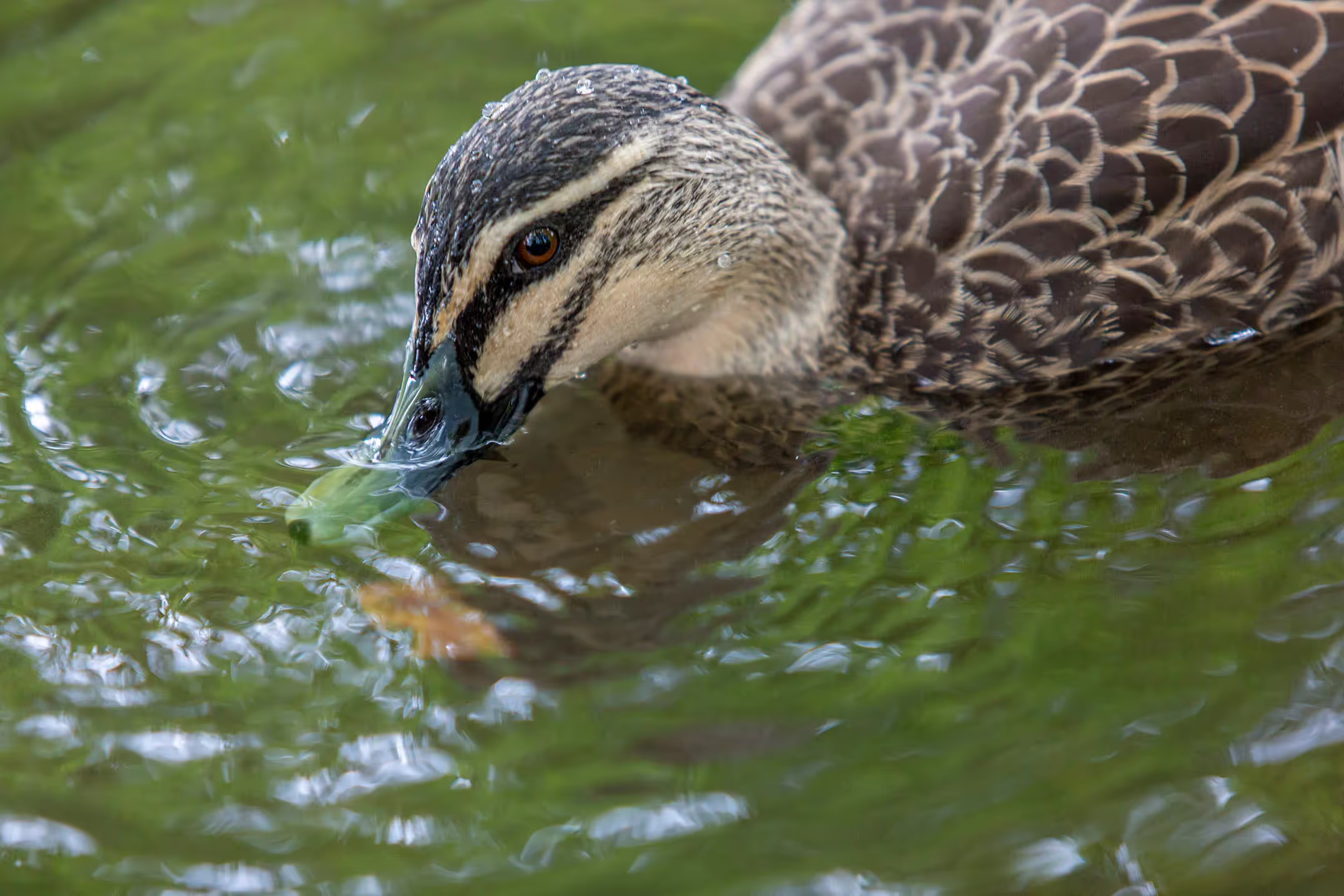2023: Inquiry into Victoria's recreational native bird hunting arrangements
Life in the air



Your support will assist us to continue our research and content development, the greater our resources, the more we can do.
The more we have an accurate understanding of what is happening to nature, the more we can all do to protect what remains of our living planet.
This is also an opportunity for philanthropists to be part of an ongoing project that tells independent stories about the natural world, stories that will help us to better understand what is happening to species and places on our precious planet Earth.
Note: Creative Cowboy Films does NOT have tax deductible charity status.

The Nature Knowledge Channel is a very real way you can help the precious natural world and support the work we do in creating knowledge about the natural world.
Annual membership of the Creative cowboy films - Nature Knowledge Channel gives you full access to content, stories and films, available on this website. Becoming a member of the Creative cowboy films - Nature Knowledge Channel is a very real way you can help the natural world and support our work in creating a greater understanding about what is happening to it.
A point of difference
Creative cowboy films is independent, is not funded by governments or industry, and is not influenced by their associated interest groups. For reasons of independent research and content development, Creative cowboy films does NOT have tax deductible charity status.
Life in the air
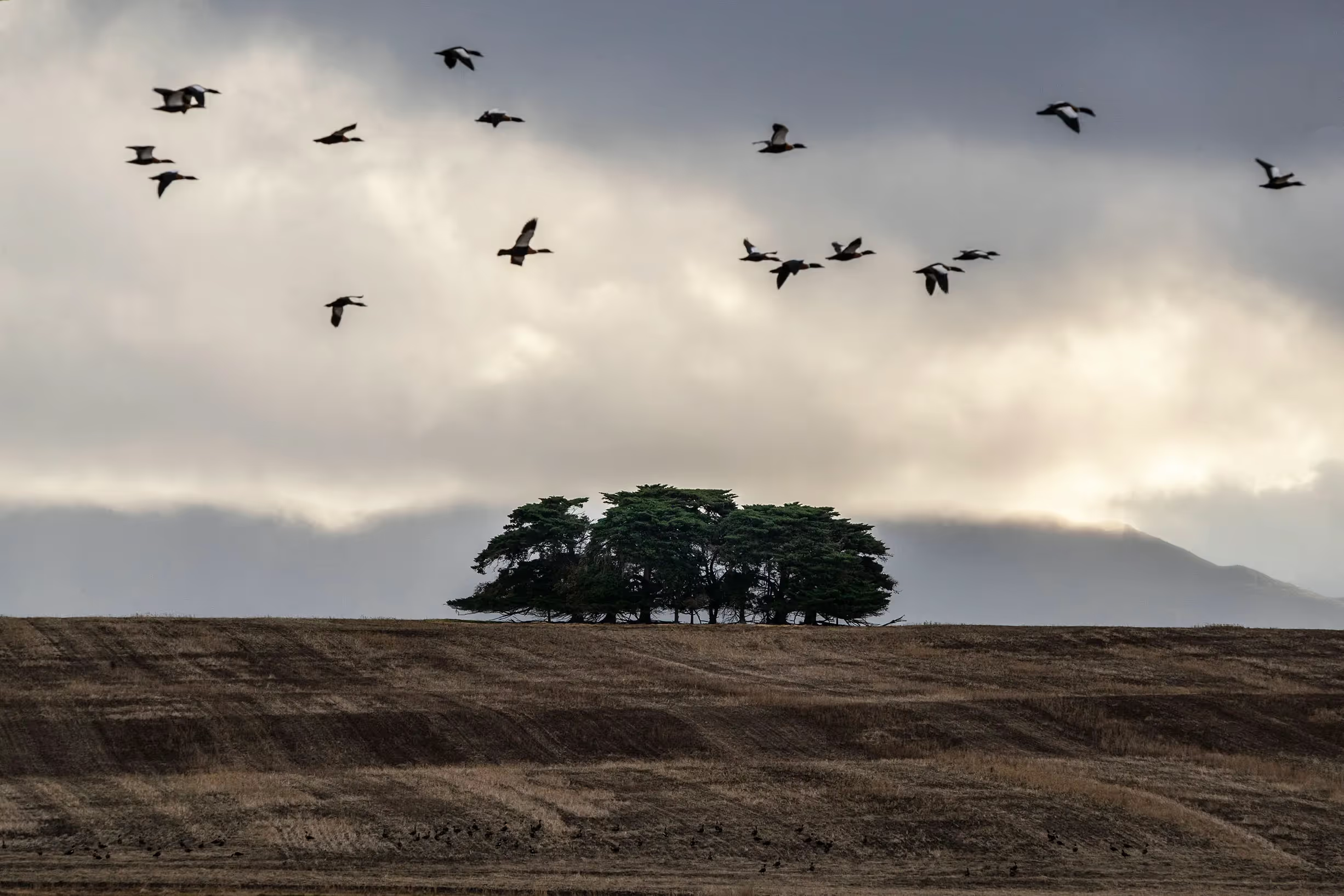
The Legislative Council Select Committee is urging the State Government to end the activity on all public and private land ahead of the upcoming season opening.
“The Committee’s rationale is driven by the considerable environmental evidence of long-term decline in native bird populations, and a worsening outlook as our climate continues to change”. Committee Chair, Ryan Batchelor

"Australian mammal and bird species are the animals most directly impacted by Victorian Government policies targeted to kill them in very large numbers. Numerous other species die because of deforestation, land clearing, burning, poisoning and development, these include many species from the reptile and amphibian class". Peter Hylands
As well as 'recreational' Duck and Stubble Quail shooting, Victoria is home to the commercial exploitation of Kangaroos, the Victorian Government issues permits to kill a large range of ‘protected’ native species (ATCWs) including in State and National Parks, unprotects other native species, so they can be killed outside the permit system and secretly kills Koalas.
“As of 25/02/2020 - 88 Australian species in Victoria were subject to control by shooting, a subset of those species (22) were further subject to control by trapping or gassing, again a subset of those on the shoot list were also subject to control by trapping and shooting, a further subset of species (12) were also ‘subject to control’ by destruction of eggs and nests”. Peter Hylands
Understanding the numbers in relation to wildlife in Australia as well as we do, we can say without any fragment of doubt that Victoria’s treatment of its native species, particularly birdlife and native mammal species, is staggering in its scale and cruelty, even when compared to other states and territories in Australia.
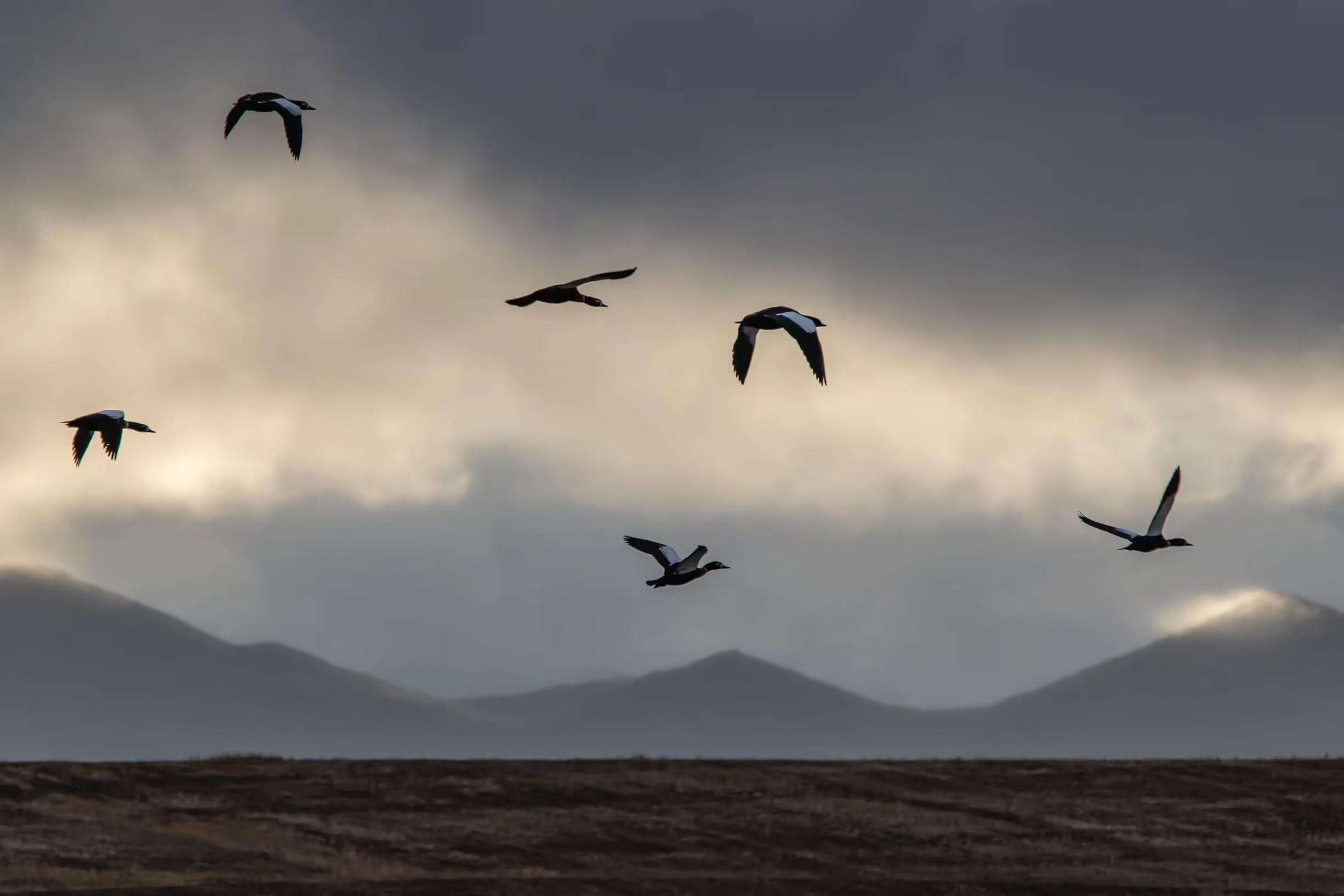
“Parliamentary Inquiries are not impetus to change generally, unless Government members are part of the majority report. They’re otherwise used as campaign or publicity hooks, or for political point-scoring”.
As a note of caution here I will say this. Having been involved in very time consuming and a significant number of these inquiries relating to the natural world in Australia, we should note that most result in no or very little change in past practices. That is, recommendations from committees are ignored or mostly ignored. Often the only outcome is that it gives a government the opportunity to patch up the bits which are clearly illegal and then to legalise them, further entrenching past conduct. Contemporary change is very hard to achieve in Australia and the view of the majority is ignored in favour of minority groups and destructive, outdated, and inappropriate business or 'recreational' activities.
I can only say I hope it is different this time around.
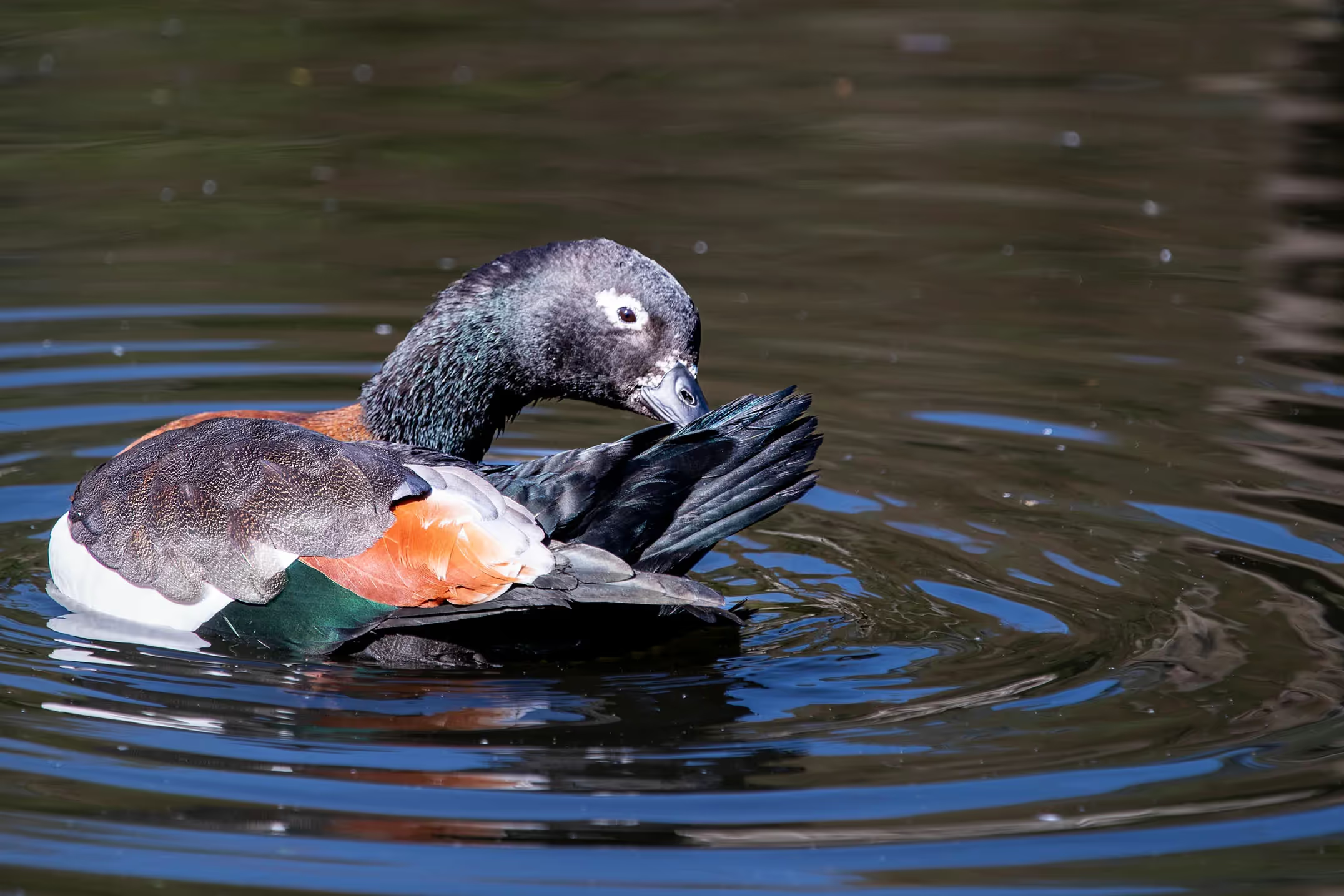
"There is widespread opposition throughout the community to the cruelty and environmental damage caused by shooters...Evidence from previous [WA] seasons shows that injured ducks have been left to die, protected species have been shot, and fragile wetlands have been polluted by lead and cartridges. Our community has reached a stage of enlightenment where it can no longer accept the institutionalised killing of native birds for recreation". Media statement by Dr Carmen Lawrence (Premier of Western Australia), 3 September 1990, announcing a ban on recreational duck shooting in Western Australia.
“It is time to ban the recreational shooting of ducks and quail… This is not an appropriate activity in contemporary life in the smart state”. Peter Beattie (Premier of Queensland), 2005
Former New South Wales premier Bob Carr has written to the Victorian leader, Daniel Andrews, urging him to follow his example and ban duck hunting for good in NSW in 1995.
“I suggested, essentially, it's not a big deal” Bob Carr 2019
And in South Australia where a similar inquiry commenced in early 2023.
“New research from public policy think tank The Australia Institute shows that a permanent ban on native bird hunting in South Australia is supported by a strong majority of the public and would have minimal impact on the state’s economy”. The Australia Institute, 2023
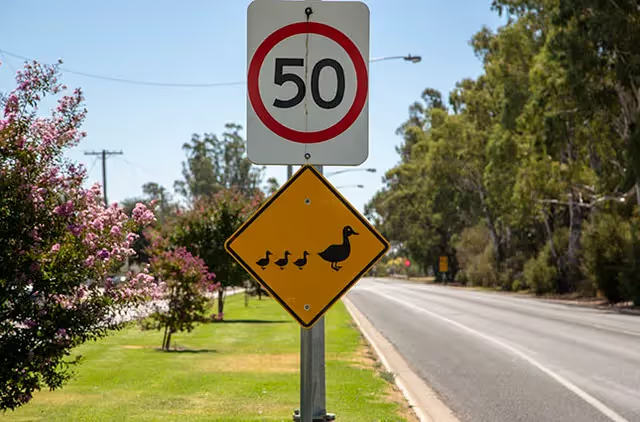
“Nature, culture and commerce are not separate things that live in a silo, they are connected in the most complex ways. The issue here for Victoria is that economic development activities should look to the future and not the past. These things have environmental and economic consequences that are enormous. The time taken, the scale and scope of duck shooting in Victoria and on Ramsar sites has a very negative impact on the possibilities surrounding regional development. It is increasingly shameful, given environmental circumstances, that such a minority of individuals engaged in such a cruel and destructive activity can shape the future of large parts of regional Victoria”. Peter and Andrea Hylands
Victoria’s State finances are in a difficult place and it seems entirely inappropriate that large amounts should be spent on significant and pointless wildlife killing activities, including birdlife and the negative economic issues relating to recreational duck shooting.
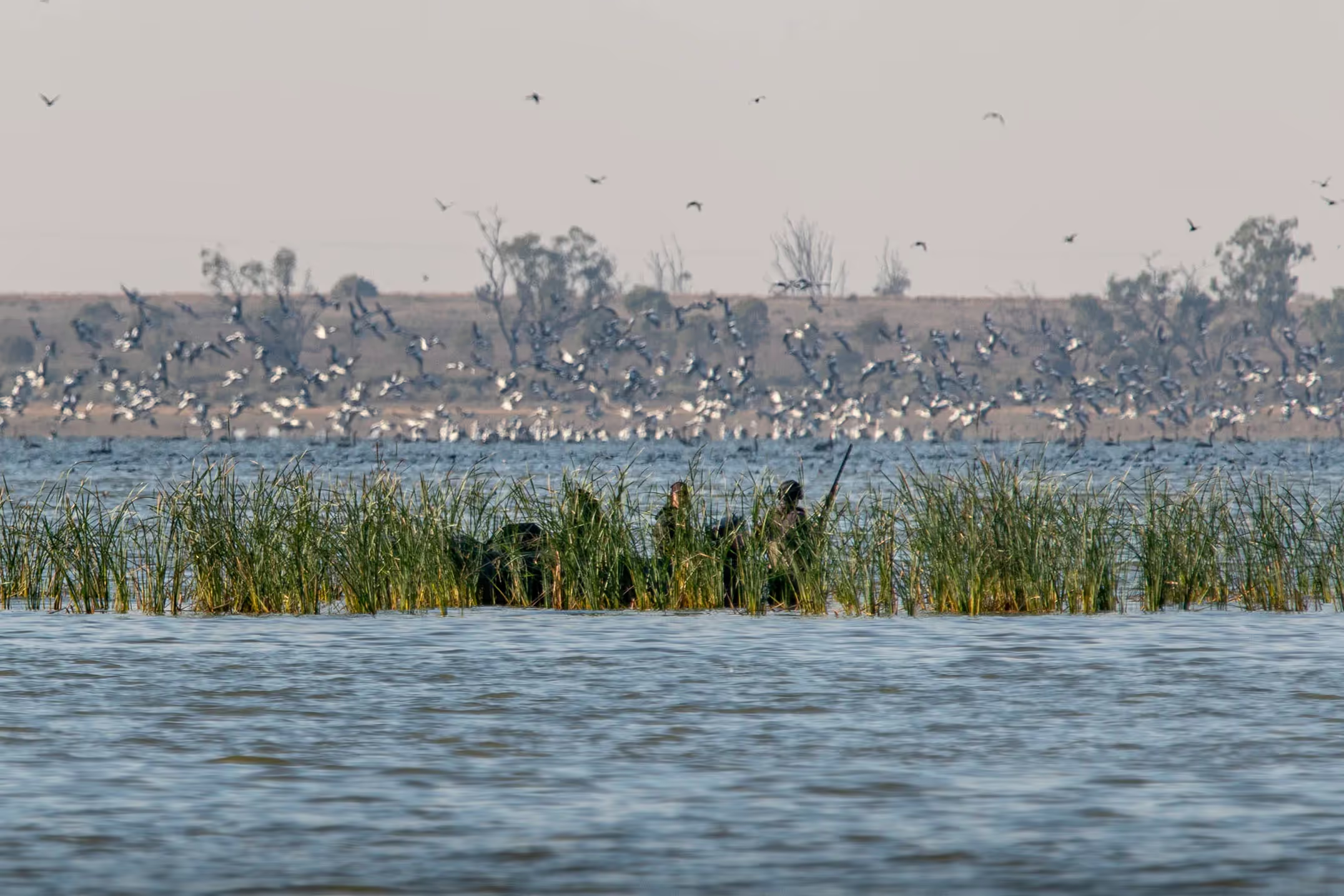
The prime economic benefit of Victoria’s Ramsar sites is not being achieved, these things are tourism, nature based tourism, including the international circuit of twitchers and those interested in wildlife and other non-violent recreational activities. While Phillip Island and the Penguins are a long-term and major tourism success story, Ramsar sites are in deep neglect, impacting the economic outcomes for their regions.
“The most popular reserve is the Penguin Parade, receiving over 700,000 visitors per year, over half of which are international visitors. Phillip Island Nature Parks is estimated at providing over $450 million for the Victorian economy annually”. Victorian Government
Asking for information about Ramsar sites in the Victorian towns (their tourist information centres) is all too often met with embarrassment as the often elderly volunteers in these centres look in draws to see if they can find any information.
“The Convention on Wetlands, called the Ramsar Convention, is an intergovernmental treaty that provides the framework for national action and international cooperation for the conservation and wise use of wetlands and their resources”. Commonwealth of Australia
Following the Victorian Auditor’s 2016 report finding that Ramsar sites in Victoria were not well managed and its government had failed to meet its international obligations to the Ramsar Convention, in 2020 VAGO released a series of recommendations.
“RECOMMENDATION 16: The Department of Environment, Land, Water and Planning update the Ramsar Information Sheets for all of Victoria’s Ramsar sites and implement policies to ensure that this occurs every six years, as required under the Ramsar Convention”. VAGO, June 2020
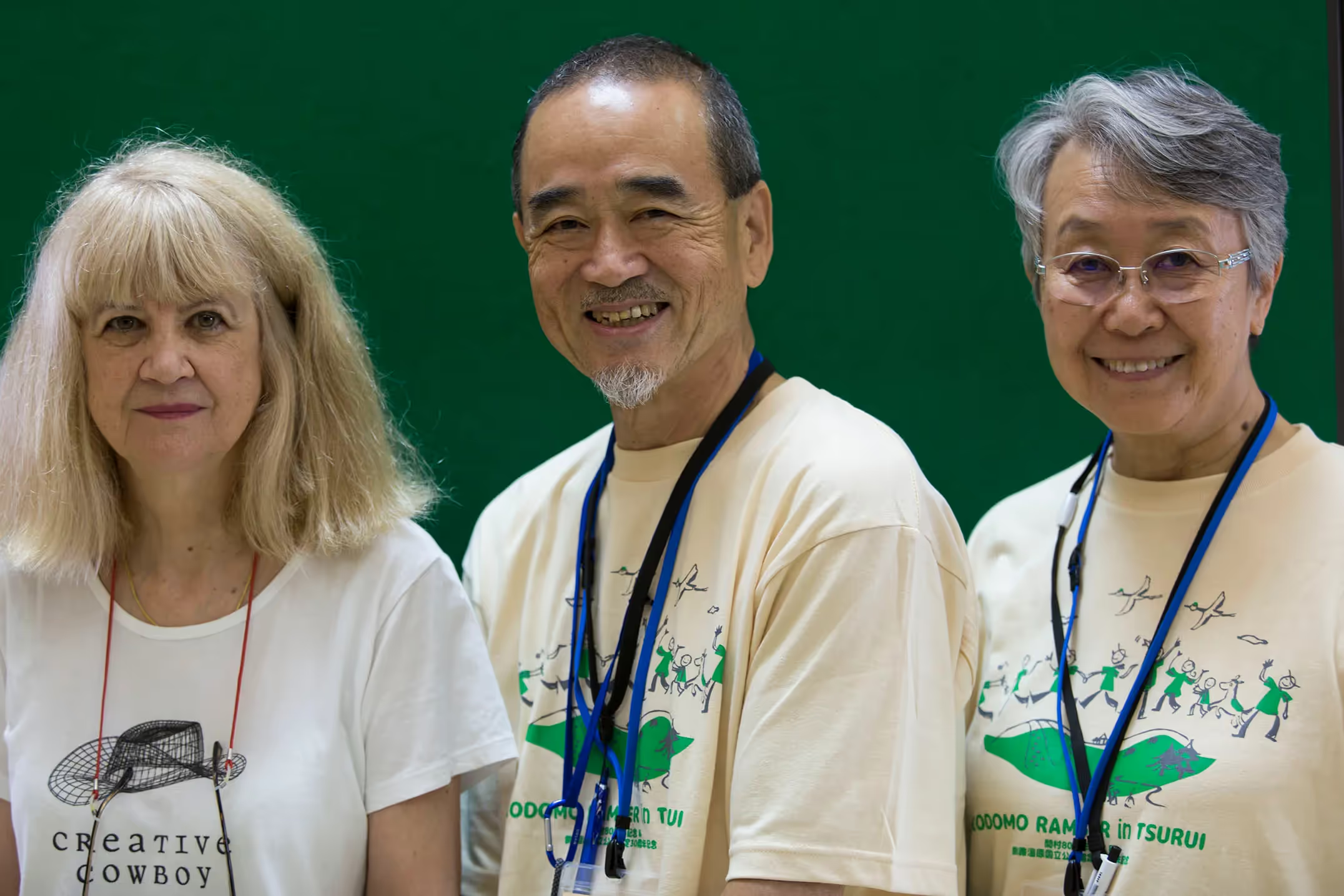
The most shocking aspect of all this is when you get to a Ramsar site in Victoria it is signed as a game reserve and there is no mention of a Ramsar site. We have raised this issue with the Victorian Government in letters and submissions, directly with politicians and so on, but nothing has been done to change what is an outrageous capture of an important environmental and economic resource belonging to all Australians, not by a minority who behave in ways which are entirely inappropriate, including showing hostility to other types of visitors interested in native birdlife.
“Important international Ramsar sites have no signage, instead the signs state they are game reserves. Signs also claim that they “acknowledge the Traditional Owners of this land’, these claims are disingenuous given both current use and the evident destruction and littering of these sites over long periods without remediation”. Peter Hylands
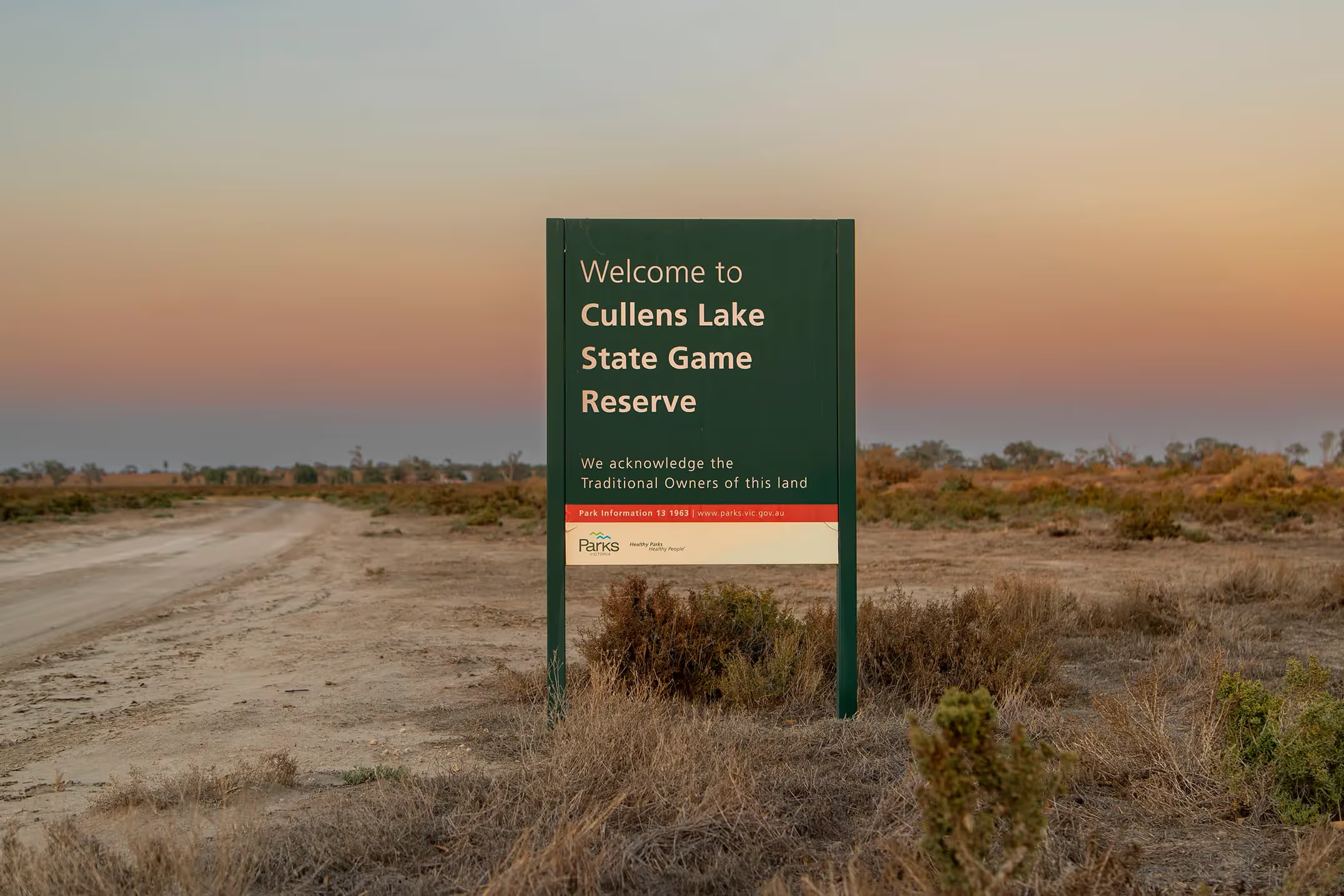
"Particularly disturbing is the involvement of children in the mass killing of birdlife and the way we have been ignored when we have suggested education, and not slaughter and gun violence, would be a far more positive experience for young children. The Japanese and UN approach to education and Ramsar sites are examples I have highlighted in the past. Shockingly these positive ideas do not even receive a response, this as exciting and positive opportunities for children, are destroyed by these long outdated attitudes from your government in Victoria". Peter Hylands to the new Victorian Environment Minister, Ingrid Stitt. Stitt is also the Minister for Early Childhood & Pre-Prep
We raised the issue of the loss of educational opportunity for younger children in relation to Victoria’s Ramsar sites with then Minister Jaala Pulford and were greeted with the usual response, that is, our suggestions were totally ignored.
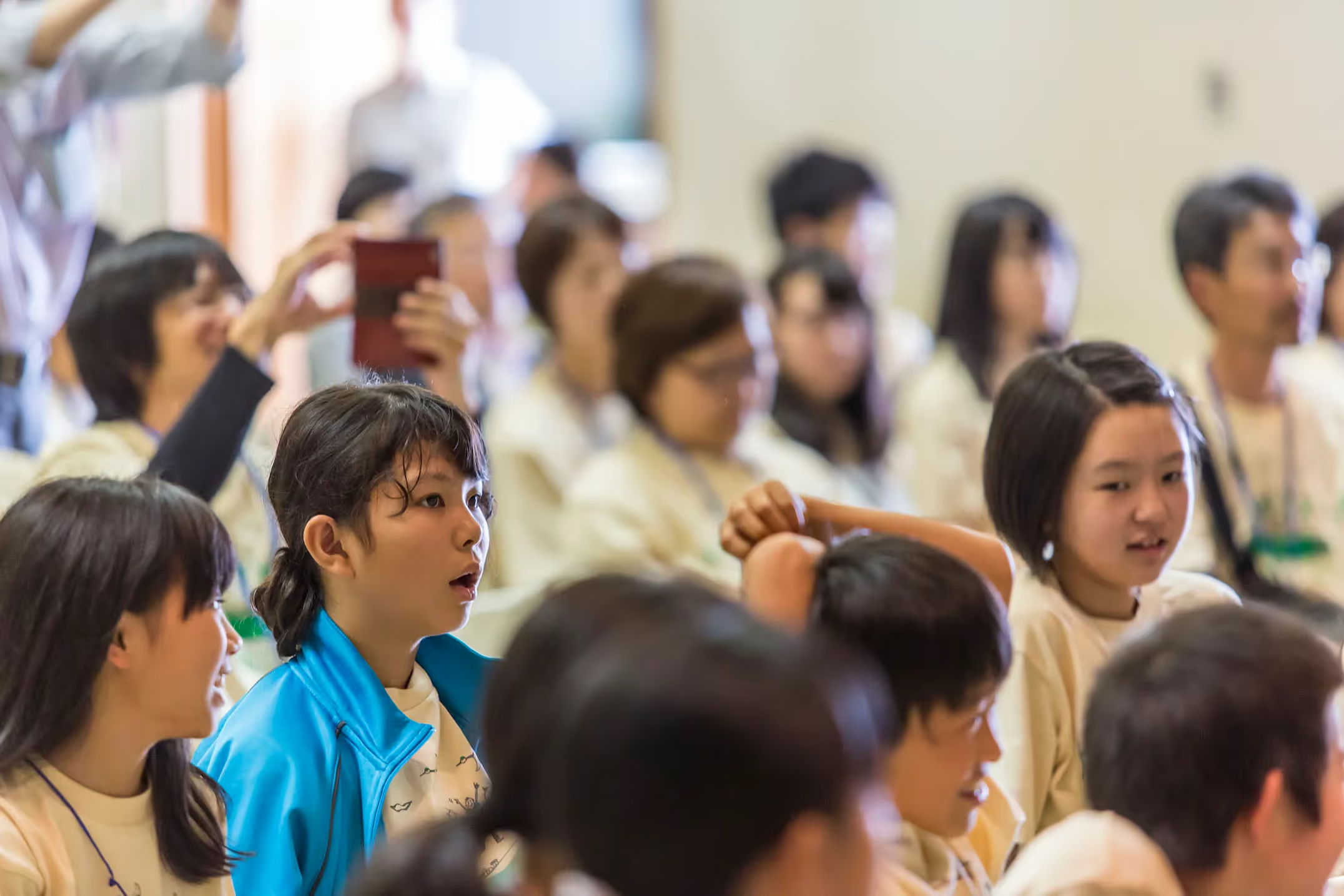
“From all around the world we are hearing that children are becoming more and more disconnected from nature. I am so pleased and impressed that you have such a strong interest in the environment and in the wetlands. The secretariat is trying to do more with children who are knowledgeable and active and trying to inspire those who are not yet engaged” Dr Christopher Briggs, Secretary General, Ramsar Convention (January 2014)
We think about the activities on Ramsar Wetlands in Japan, travelling from our home in Gifu to Tsurui Village Town Hall and the Kushiro Wetlands in the beautiful island of Hokkaido to visit a Kodomo (children’s) Ramsar wetland events.
“In 2005 seven children from Japan, Korea, Malaysia and Thailand were invited to Kampala and Uganda’s COP9 to work with African children on ways in which children can participate in wetland conservation. The children wanted to take an active role in conservation measures. Here the children received a conservation award and this triggered a sequence of Kodomo Ramsar wetland events in Japan”.
It was in Uganda that the Japanese children said:
“Please be careful, this is our future, it is about us”.
Wondering how they could continue to participate in wetland conservation, the children then requested that meetings continue and raised the idea to bring together children from Ramsar sites from around Japan at special events, and thus the forums and events became reality. The children requested these gatherings because they wanted to exchange their ideas about how to protect the wetlands and their biodiversity for their own lifetimes and for future generations.
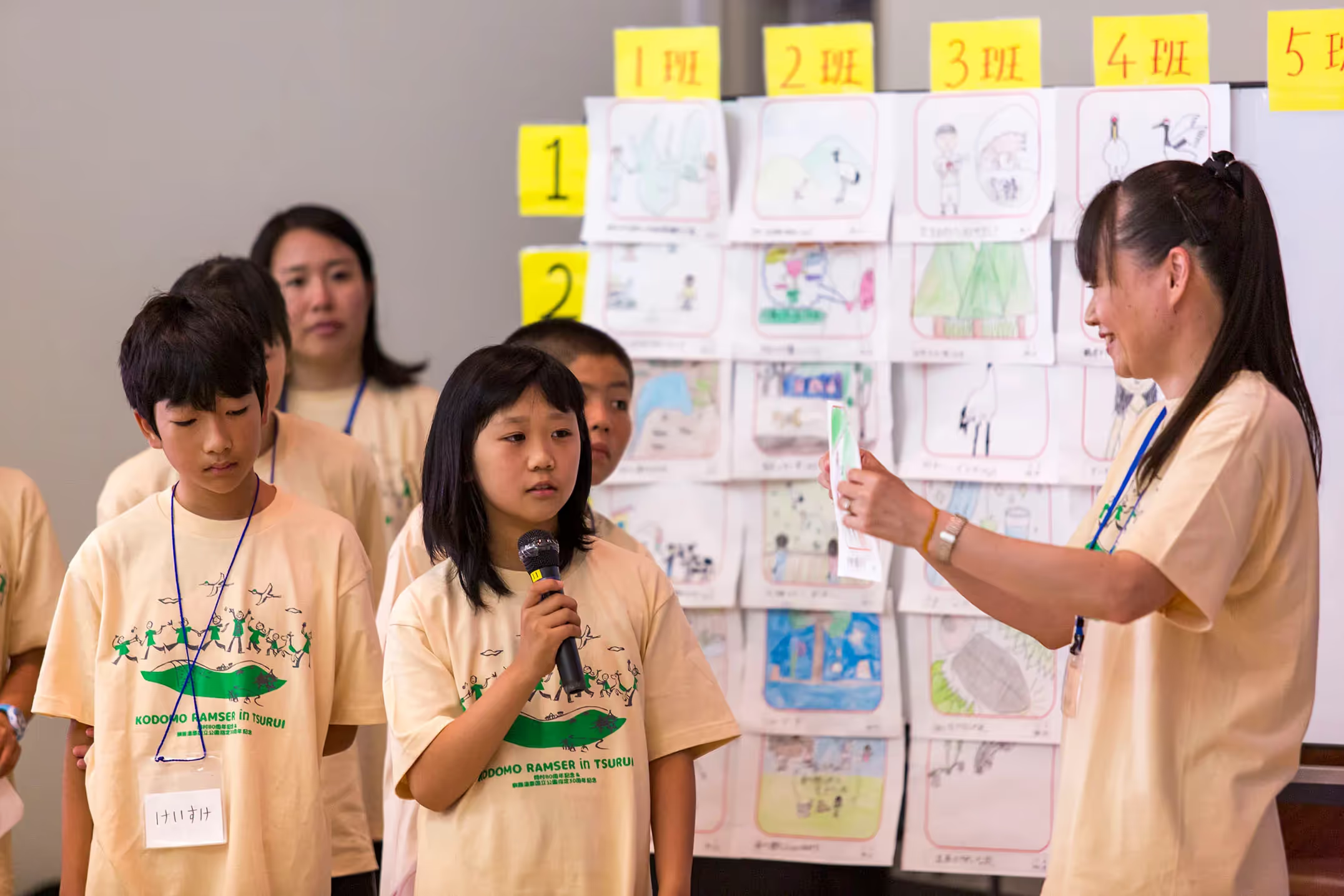
In Victoria we get this instead:
“The events on Victoria’s (Australia) Ramsar wetlands are not only crimes against nature, they are also crimes against the child. The last thing the world needs is governments encouraging gun violence from children as young as twelve years old”. Peter and Andrea Hylands
"Your Government is party to a series of international agreements in relation to wetlands and birdlife and these need proper attention and compliance, including in the spirit of these agreements. I have raised these issues over and over again, over a very long period with numerous Ministers in the Victorian Government. Nothing has changed". Peter Hylands to the new Victorian Environment Minister, Ingrid Stitt 2023
Ramsar sites in Victoria are overwhelmingly governed by a culture and a purpose that is a very long way from the spirit of the Ramsar Convention.
Precisely no heed of international agreements is taken in these matters and we note the Victorian Government fails to mention Ramsar sites, only referring to game reserves in its correspondence to us. We need to remind ourselves that as well as your government’s obligations to the Ramsar Convention, there are other international agreements in place and to which Australia is a signatory. These include JAMBA, Japan Australia Migratory Bird Agreement (66 species covered by the agreement)/ CAMBA, China Australia Migratory Bird Agreement (81 species) / ROKAMBA, Republic of Korea Australia Migratory Bird Agreement (59 species).
Climate change issues have played a significant role in our lives internationally since 1975, when the science at that time began to demonstrate the alarming outcomes for both land and sea. The impacts of climate events for the region, including the islands of the Torres Strait and beyond, the forests, wetlands and numerous other biomes including Indigenous lands has been very significant. We know these places well and have been present during a number of major climate events.
None of these climate disasters have had any impact on slowing the destruction of wildlife in Victoria, including duck shooting. We have plenty of evidence of this.
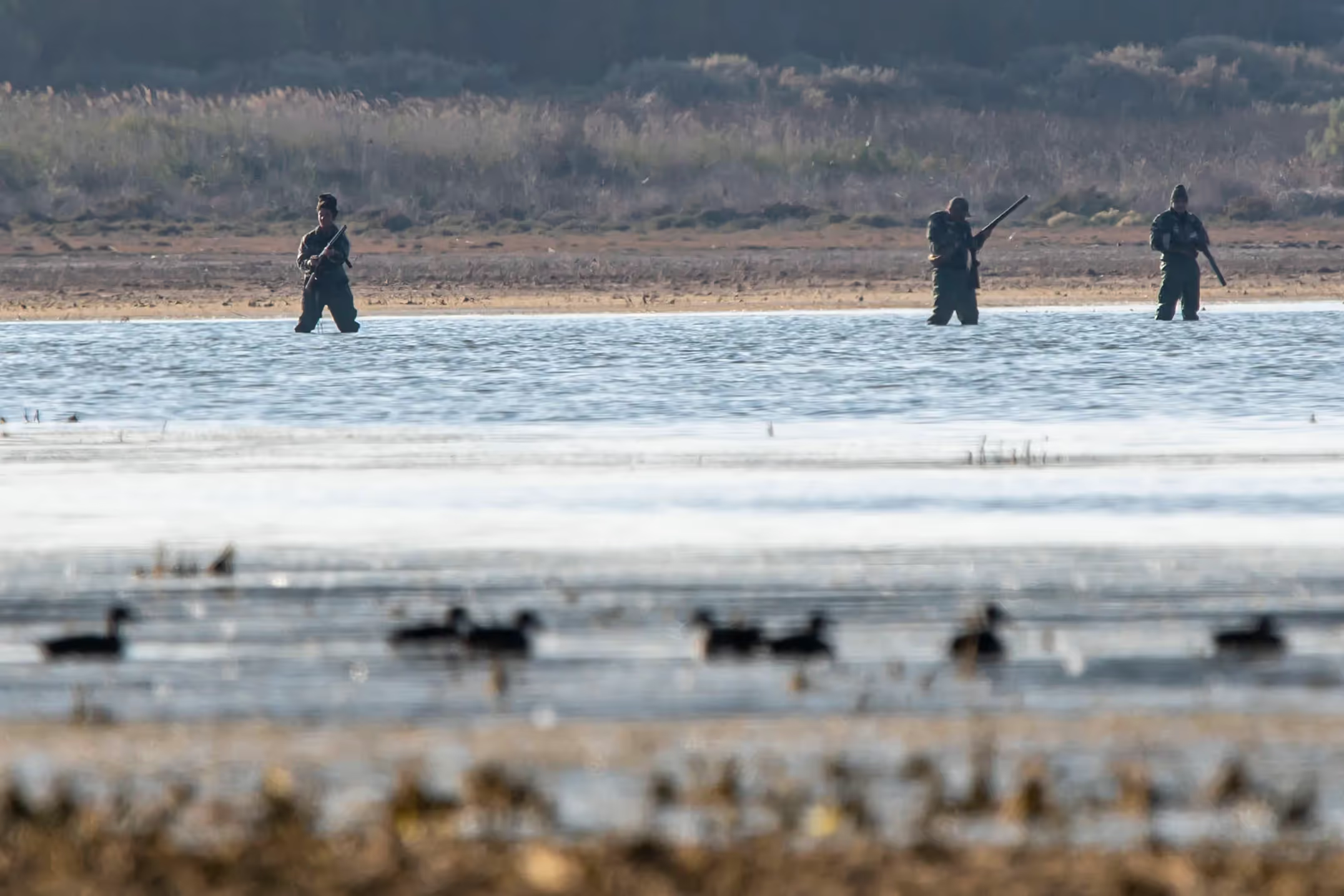
The current Victorian Government has taken precisely no account of the concerns of regional Victorians opposed to duck shooting, or their suffering and inconvenience. The inquiry now provides an opportunity for change.
“In regards to duck hunting (in Victoria) I can assure you that environmental conditions, waterfowl habitat availability, duck population distribution and abundance are reviewed each year to ensure hunting continues to be a sustainable recreation.” Executive Director Biodiversity, Victoria, 2020
We have raised the issue of governance standards in Victoria over and over again with both politicians and public servants. One particular matter of concern is the continual reshuffling of responsibilities and Ministers (who have little knowledge of what actually goes on and are impervious to any information supplied to them).
These standards and behaviours have very serious impacts on regional Victorians who appear to have neither voice, nor rights, in opposing the impact of shooting in their lives. No one in the government appears to be accountable, nor responsible, for what can be traumatising events and costly outcomes for residents.
These government structures that allow and enable pointless and catastrophic levels of wildlife killing need review and proper re-organisation, rather than the usual reshuffling of deckchairs, the purpose of which appears to be ensuring business as usual for the mates is not disturbed.
Below is a typical public service response (DEECA) to pointing out issues in relation to wildlife killing in Victoria. Issues include overstated population estimates, severe difficulties and costs imposed on residents of regional Victoria objecting to the killing on their doorstep, scale and purpose of killing, secrecy and prejudicial conduct, misleading information and extreme cruelty. We won’t name the public servant in this document out of courtesy.
It is rare for questions to be answered directly, the usual non answer or government strategised spin is not a proper response. So matters continue with no action or remediation to resolve what are very significant issues. This has gone on for many years.
Information, particularly data, is now much harder to obtain. Even as the President of an old and established wildlife charity I have been blocked from attending government meetings on wildlife issues and we have been blocked from attending media launches relating to Victorian Government wildlife initiatives.
“Regarding your letter of 27 February requesting a meeting with the Minister, I can inform you that the Minister is unable to meet with you at this time. I appreciate your interest relating to these matters, as evidenced by the many letters that you have sent to myself (none sent) and the Minister regarding the KHP and Victorian wildlife. Unfortunately, at this time I do not believe there is any further information that the department can provide to you on these topics that has not already been shared. Please be advised that the department will only be responding to future correspondence on matters that have not been covered previously”.
The Victorian aerial bird counts commenced on October 16,2023, and this suggests that a Victorian Government ban to stop duck shooting in Victoria is going to be very unlikely.

Wounding of waterbirds is a significant feature of duck shooting in Victoria. History tells us that other bird species are also caught up in the mass killing and wounding of waterbirds in Victoria.
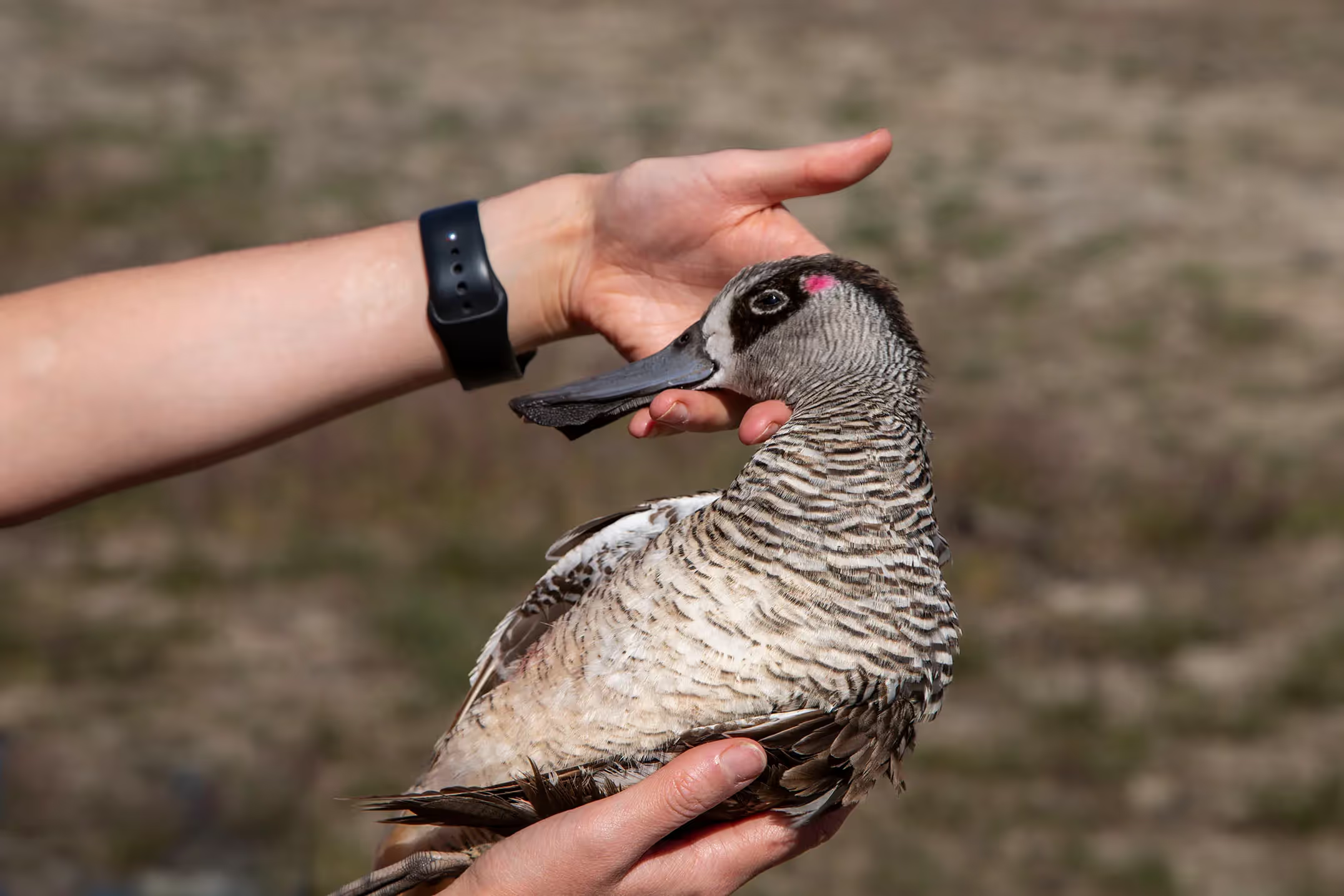
Denial of cruelty is a constant issue in relation to the mass killing of birdlife (ducks are one species of many) and other wildlife. These standards are damaging to society, creating a lack of empathy and compassion for the suffering of other species. There are numerous studies internationally, linking extreme cruelty to animal life with domestic violence.
The annual shooting of the Blue-winged Shoveler and the Hardhead was ‘sustainable’ in Victoria until these species of Australian Ducks were listed on Victoria’s threatened species list.
“The numbers of Blue-winged Shovelers have steadily declined since the early 2000s and the species was periodically removed, but then reinstated on the ‘game’ list. However, in 2022 their numbers had dropped to such an extent that the species was finally declared ‘vulnerable’ under the Victorian Flora and Fauna Guarantee Act 1988 – Threatened List. Blue-winged Shovelers are now permanently protected and have been removed from the ‘game’ list”. CADS
What had been obvious for some time is that these two bird species were in decline but the usual spin prevailed. And yet again no one is held responsible, nor accountable for what has now occurred. Victoria is indeed a difficult place in which to create positive change and modernity.
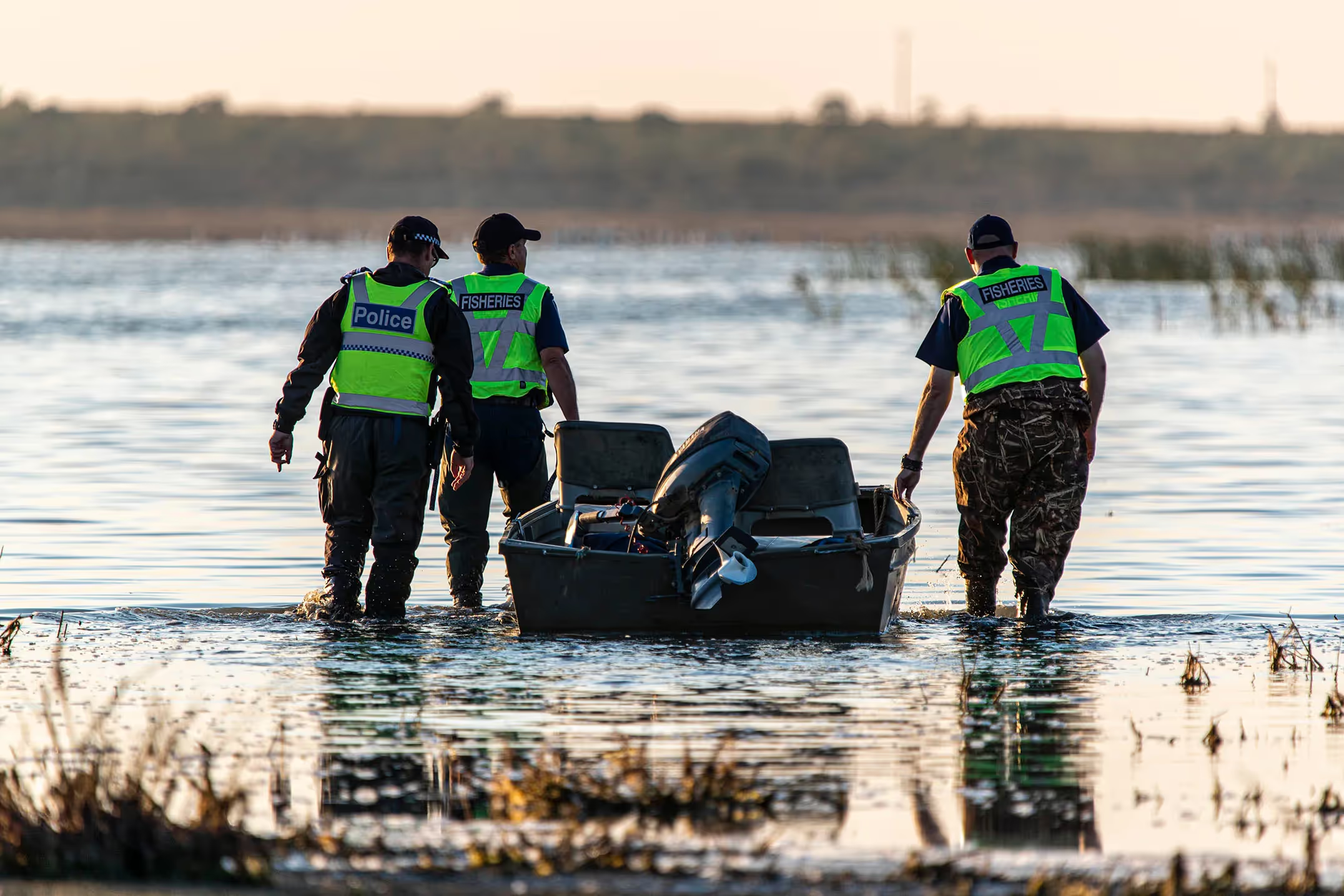
The overwhelming reality is that Victoria is not the place to be if you happen to be a bird.
Between 2009 and 2018, 73 per cent of species subject to ‘control’ in Victoria were bird species with a total of 397,549 birds, of which 182,721, or 45 percent, were from a range of parrot species.
We also need to remember that Authorities To Control Wildlife (ATCWs) are not the only way animals in Victoria die, so we can add another 4.5 million dead waterbirds and quail (we are being modest in our calculations) in the ten years to 2018 to the tally in Victoria because of 'recreational' shooting in the state. So all up, that is around 5 million birds, killed for little purpose, and in Victoria over a ten year period.
A prominent recommendation in the Parliamentary Committee's report states:
“RECOMMENDATION 2: That the Victorian Government retains existing exemptions to hunt and control native birds under the Authority to Control Wildlife (ATCW) framework to control bird populations impacting on agricultural and other land”.
We should remember that in New South Wales where recreational duck hunting has been banned, shooters describe duck hunting on private land (using Native Game Bird Management Licence harm permits, the NSW equivalent of ATCWs) as the most exhilarating hunting around.
We should also remember that the Victorian ATCW ‘framework’ is out of control, with scant evidence that requests for permits are ever rejected, and despite Victorian Government claims that every effort is made not to issue permits for lethal control, of the 2,642 ATCWs issued in 2021 for the control of tens of thousands of native animals, 97.4 per cent were for lethal control.
The killing just needs to stop.
